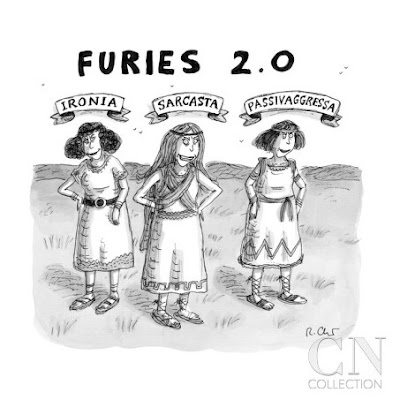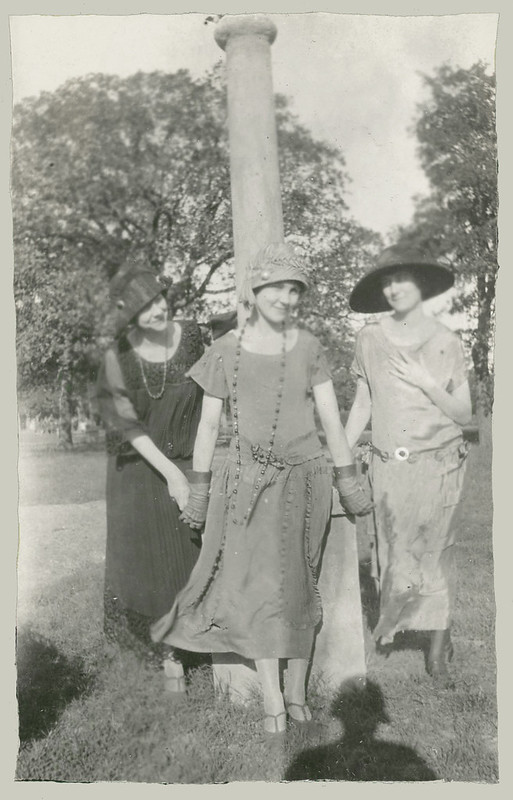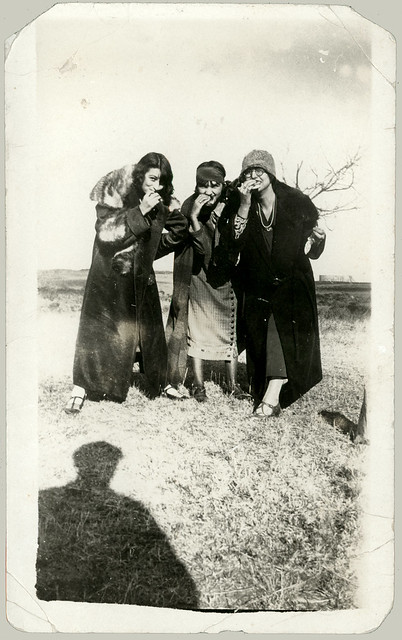We're on an episode by episode diet of a couple of Netflix's British TV offerings at present.
They are set in different time periods, and in Britain: The Grand set in or around 1920, in Manchester, north of England; and Inspector George Gently set in the mid 1960s in the north-eastern counties of Durham and Northumberland. In episodes of both series, instances of capital punishment have been portrayed, in quick but detailed scenes. Hanging. No gaggle of observers present, as often seen in American movies when the electric chair or gas chamber scenes are part of plots. Basic, fast : hangman, witness and priest. Bag over convict's head, noose round neck - lever pulled down - done and dusted! In a relevant scene from The Grand it was a teenaged female hanged, in the Gently series several murderers convicted before 1965 were hanged in various 90 minute episodes.
The sight of those fictional hangings came as a surprise - gave my sensibilities quite a jolt! For most of my life, in the UK, the death penalty had become a thing of the past. The last hanging in Britain happened in 1965, so since capital punishment was no more an option, I had given little time to considering the pros and cons. Arriving in Oklahoma, though, I was shocked to discover that, here, the death penalty is still "a thing" - in the 21st century! Not only that, but the fact that, in the course of administering said penalty via lethal injection, more than once things have gone wrong due to incompetence, or other excuse.
There are plans for the death penalty to be abolished in the USA, in states still allowing it.
With reference to the Democratic Platform 2016:
An interesting piece on the history of the death penalty is at the PBS website HERE. Goodness me! Some of those ancient methods of carrying out the ultimate punishment are worse than anything seen in the most horrific of horror movies: burning, boiling, drawing and quartering, drowning, crucifixion, burial alive, beating to death, and impalement. "The Romans had a curious punishment for parricides (murder of a parent): the condemned was submersed in water in a sack, which also contained a dog, a rooster, a viper and an ape. The most notorious death execution in BC was about 399 BC when the Greek philosopher Socrates was required to drink poison for heresy and corruption of youth."
William the Conqueror seems to have been the only historical "good cop" in a universe of "very bad cops". He opposed taking life except in war, and ordered no person to be hanged or executed for any offense. However, he allowed criminals to be mutilated for their crimes. (I thought there'd have to have been a snag!)
My own feelings on the death penalty: a lifetime's hard labour (and I do mean hard) would be a more appropriate punishment for horrendous crimes. These days death offers (mostly) a quick and easy way out. In cases where further evidence surfaces, proving the convicted person to have been innocent, though unfairly punished for a time, he or she would still be alive, and perhaps eligible for compensation.
They are set in different time periods, and in Britain: The Grand set in or around 1920, in Manchester, north of England; and Inspector George Gently set in the mid 1960s in the north-eastern counties of Durham and Northumberland. In episodes of both series, instances of capital punishment have been portrayed, in quick but detailed scenes. Hanging. No gaggle of observers present, as often seen in American movies when the electric chair or gas chamber scenes are part of plots. Basic, fast : hangman, witness and priest. Bag over convict's head, noose round neck - lever pulled down - done and dusted! In a relevant scene from The Grand it was a teenaged female hanged, in the Gently series several murderers convicted before 1965 were hanged in various 90 minute episodes.
The sight of those fictional hangings came as a surprise - gave my sensibilities quite a jolt! For most of my life, in the UK, the death penalty had become a thing of the past. The last hanging in Britain happened in 1965, so since capital punishment was no more an option, I had given little time to considering the pros and cons. Arriving in Oklahoma, though, I was shocked to discover that, here, the death penalty is still "a thing" - in the 21st century! Not only that, but the fact that, in the course of administering said penalty via lethal injection, more than once things have gone wrong due to incompetence, or other excuse.
There are plans for the death penalty to be abolished in the USA, in states still allowing it.
With reference to the Democratic Platform 2016:
In 2012, Democrats wrote that "the death penalty must not be arbitrary." The 2016 platform goes further. We will abolish the death penalty, which has proven to be a cruel and unusual form of punishment. It has no place in the United States of America.Another empty promise? We shall see.
That's not Hillary Clinton's position.
An interesting piece on the history of the death penalty is at the PBS website HERE. Goodness me! Some of those ancient methods of carrying out the ultimate punishment are worse than anything seen in the most horrific of horror movies: burning, boiling, drawing and quartering, drowning, crucifixion, burial alive, beating to death, and impalement. "The Romans had a curious punishment for parricides (murder of a parent): the condemned was submersed in water in a sack, which also contained a dog, a rooster, a viper and an ape. The most notorious death execution in BC was about 399 BC when the Greek philosopher Socrates was required to drink poison for heresy and corruption of youth."
William the Conqueror seems to have been the only historical "good cop" in a universe of "very bad cops". He opposed taking life except in war, and ordered no person to be hanged or executed for any offense. However, he allowed criminals to be mutilated for their crimes. (I thought there'd have to have been a snag!)
My own feelings on the death penalty: a lifetime's hard labour (and I do mean hard) would be a more appropriate punishment for horrendous crimes. These days death offers (mostly) a quick and easy way out. In cases where further evidence surfaces, proving the convicted person to have been innocent, though unfairly punished for a time, he or she would still be alive, and perhaps eligible for compensation.
“You look at the crime and you look at the criminal. If it's a dope dealer who guns down an undercover narcotics officer, then he gets the gas. If it's a drifter who rapes a three-year-old girl, drowns her by holding her little head in a mudhole, then throws her body off a bridge, then you take his life and thank god he's gone. If it's an escaped convict who breaks into a farmhouse late at night and beats and tortures an elderly couple before burning them with their house, then you strap him in a chair, hook up a few wires, pray for his soul, and pull the switch. And if it's two dopeheads who gang-rape a ten-year-old girl and kick her with pointed-toe cowboy boots until her jaws break, then you happily, merrily, thankfully, gleefully lock them in a gas chamber and listen to them squeal. It's very simple. Their crimes were barbaric. Death is too good for them, much too good.”
― John Grisham, in A Time to Kill.






















































